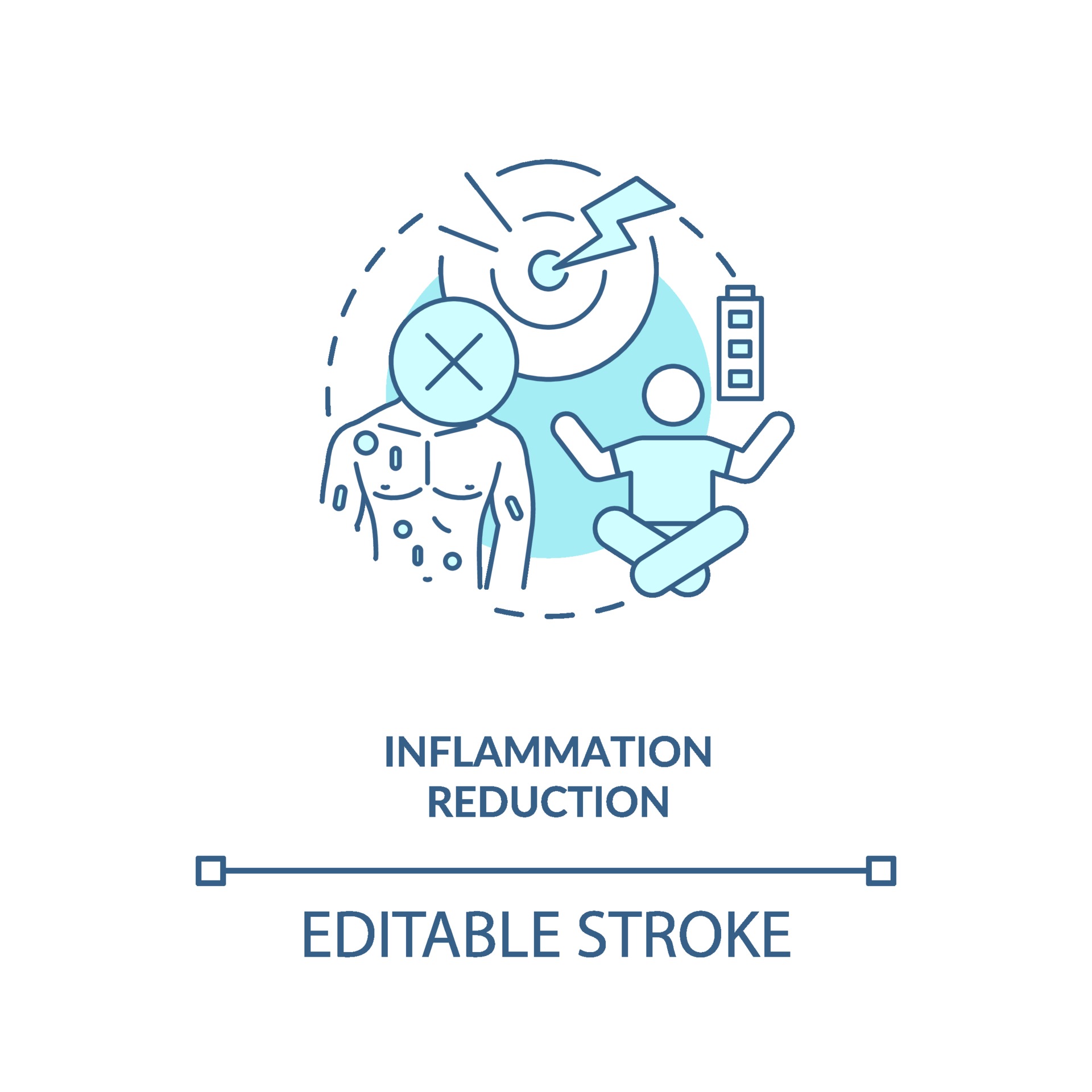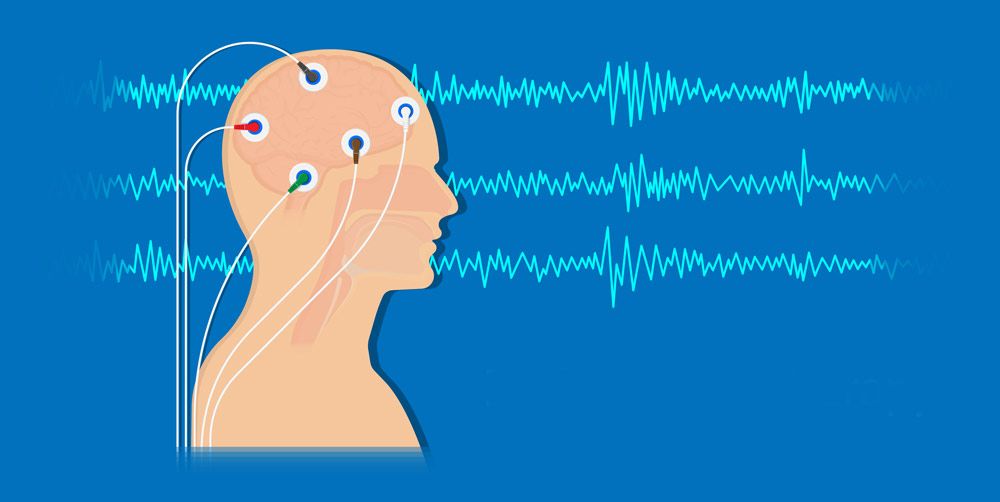
Balancing Wellness: Effective Inflammation Reduction
![]()
Balancing Wellness: Effective Inflammation Reduction
Inflammation, a natural response to injury or infection, becomes problematic when it becomes chronic and systemic. Explore strategies for effective inflammation reduction to promote overall well-being and maintain a balanced and healthy lifestyle.
Understanding Inflammation: The Double-Edged Sword
Inflammation is the body’s defense mechanism against harmful stimuli. Acute inflammation is a necessary and beneficial response to injuries or infections. However, when inflammation becomes chronic, persisting over an extended period, it can contribute to various health issues, including chronic diseases such as arthritis, heart disease, and autoimmune disorders.
Anti-Inflammatory Diet: Nourishing the Body
Diet plays a pivotal role in inflammation reduction. An anti-inflammatory diet emphasizes whole, nutrient-dense foods such as fruits, vegetables, fatty fish, nuts, and seeds. These foods contain antioxidants and anti-inflammatory compounds that help modulate the body’s inflammatory response. Conversely, processed foods, sugary snacks, and excessive saturated fats may contribute to inflammation and should be limited.
Omega-3 Fatty Acids: The Power of Fish Oil
Omega-3 fatty acids, found in abundance in fatty fish like salmon and mackerel, are renowned for their anti-inflammatory properties. Incorporating omega-3-rich foods into the diet or taking supplements can help balance the body’s omega-3 to omega-6 ratio, reducing inflammation. Consultation with a healthcare professional is recommended before starting any supplementation.
Curcumin and Turmeric: Nature’s Anti-Inflammatory Duo
Curcumin, the active compound in turmeric, has potent anti-inflammatory and antioxidant properties. Integrating turmeric into the diet or taking curcumin supplements may help reduce inflammation. However, it’s essential to ensure proper absorption, and combining turmeric with black pepper can enhance curcumin bioavailability.
Regular Exercise: Moving Towards Wellness
Physical activity is a cornerstone of a healthy lifestyle and contributes to inflammation reduction. Regular exercise helps regulate the inflammatory response, promotes cardiovascular health, and supports overall well-being. Engage in a mix of aerobic exercises, strength training, and flexibility exercises for comprehensive health benefits.
Stress Management: Calming the Inflammatory Storm
Chronic stress can contribute to systemic inflammation, underscoring the importance of stress management in inflammation reduction. Practices such as mindfulness meditation, deep breathing exercises, and yoga have been shown to reduce stress and positively impact inflammatory markers. Incorporating stress-reduction techniques into daily life is crucial for overall health.
Adequate Sleep: Restoring and Healing
Quality sleep is a fundamental aspect of inflammation reduction and overall health. During sleep, the body undergoes repair and regeneration processes, influencing inflammation levels. Aim for seven to nine hours of quality sleep per night, and establish a consistent sleep routine to support the body’s natural healing mechanisms.
Hydration: The Role of Water in Wellness
Proper hydration is essential for maintaining bodily functions and supporting inflammation reduction. Water helps flush out toxins, aids in digestion, and ensures optimal cellular function. Limiting the consumption of sugary beverages and prioritizing water intake contributes to overall health and supports the body’s natural anti-inflammatory mechanisms.
Mind-Body Practices: Harmonizing Wellness
Mind-body practices such as meditation, tai chi, and qigong offer holistic approaches to inflammation reduction. These practices promote relaxation, reduce stress, and contribute to overall well-being. Integrating mind-body techniques into daily life fosters a harmonious balance between mental and physical health.
Exploring Inflammation Reduction: Your Path to Wellness
Discovering effective strategies for inflammation reduction is a journey towards a balanced and healthy lifestyle. For those seeking insights and resources on inflammation reduction, imexassociates.com serves as a valuable hub. Explore a wealth of information, connect with a community dedicated to well-being, and embark on a transformative path towards a life in balance.
In conclusion, effective inflammation reduction involves a multifaceted approach that includes dietary choices, lifestyle modifications, and holistic practices. By incorporating anti-inflammatory foods, engaging in regular exercise, managing stress, prioritizing sleep, and exploring holistic wellness practices, individuals can strike a balance and foster overall well-being.









